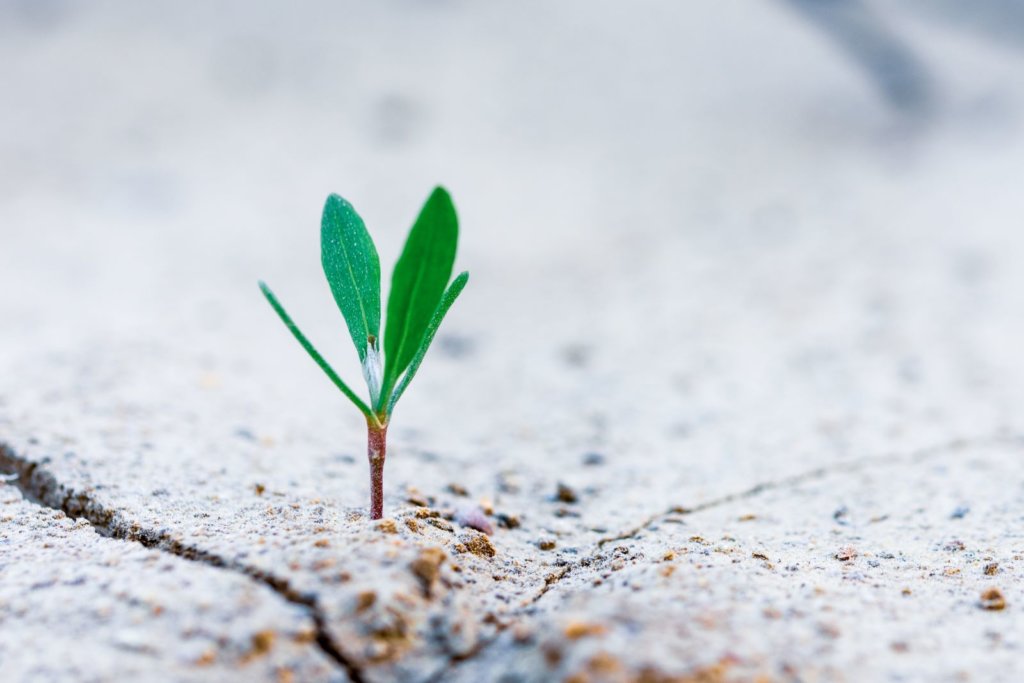The other day I learned the word “apocalypse” comes from Greek and it means to uncover or reveal. Well that certainly puts things in perspective, doesn’t it? I know the connation of apocalypse is doom and gloom, “We’re all going to die,” “The world is ending,” etc., but what if we returned to the root meaning? What if we considered apocalypses are instead times to reveal what’s not working both personally and collectively?
From that lens, we’ve survived many apocalypses. That’s not to say each apocalypse hasn’t brought its own special brand of suffering and death, because it has. I also don’t want to seem Pollyanna-ish here. I woke up this morning feeling gloomy because I know some people are not only dying from COVID-19, they’re also dying from starvation, or stuck in abusive situations at home, or falling into despair. I feel personal grief as well as collective grief. At the same time, this apocalypse is very revealing.
It’s revealing disparity, corruption, and broken systems. However, it’s also revealing kindness, compassion, and care. What’s working in our own lives? Who can we rely on right now? Where are we finding support? We’re discovering all of that as well. We’re becoming aware of what’s working and what’s not working. Something that I’ve learned over and over again is awareness is a point of power. You can’t change anything until you first know it’s there. That’s what this apocalyptic time is doing for us: bringing awareness to pretty much every facet of our individual and collective lives.
 |
| This picture seemed fitting. Photo by Stanislav Kondratiev on Unsplash |
In the Horrifying Future, there’s a feeling of dread and angst. The individual feels like they can’t control anything. We experience a recession or depression.
In the Needed Pause, the next year is difficult. Everything is slower than it was before. All conferences and sporting events are canceled. We’re stuck at home and doing slower things like breathing, yoga, and meditation. Then next year life will return to normal and we’ll have business as usual.
In the Global Health Awakening, this pause fundamentally changes who we are and how we show up in the world. There are changes to global health systems and the global world economy such that we start taking care of the planet and of each other in better ways.
In the Great Despair, none of our efforts succeed, the virus comes back, and there’s danger everywhere. The stimulus packages work temporarily and then create hyperinflation. Nation states split or fracture.
All of those seem possible to me! How do we use this apocalypse to create a better world? Inayatullah says part of it is understanding wellness and wellbeing are no longer just interesting ideas, they’re vital necessities. It also helps to change the metaphor of our lives to ask who do we want to be? For instance, instead of feeling like a headless chicken, perhaps the metaphor we start using is that we’re a wise owl calmly responding to life. Or perhaps we think of ourselves as a fast cheetah, able to move swiftly in any situation.
Personally, I don’t want to keep feeling like a headless chicken, running around frantically and feeling out of control. I’d much rather contribute to the Global Health Awakening by being a wise owl, taking precautions and acting with intention. I want to help myself and my community create a world that’s more wholistic, more caring. A world that takes into account the needs of individuals as well as the collective. A world that understands the collective is what saves us, what we must rely on to thrive. A world where we each do what we can to create that bright future.
Another world is not only possible, it’s probable.
No comments:
Post a Comment